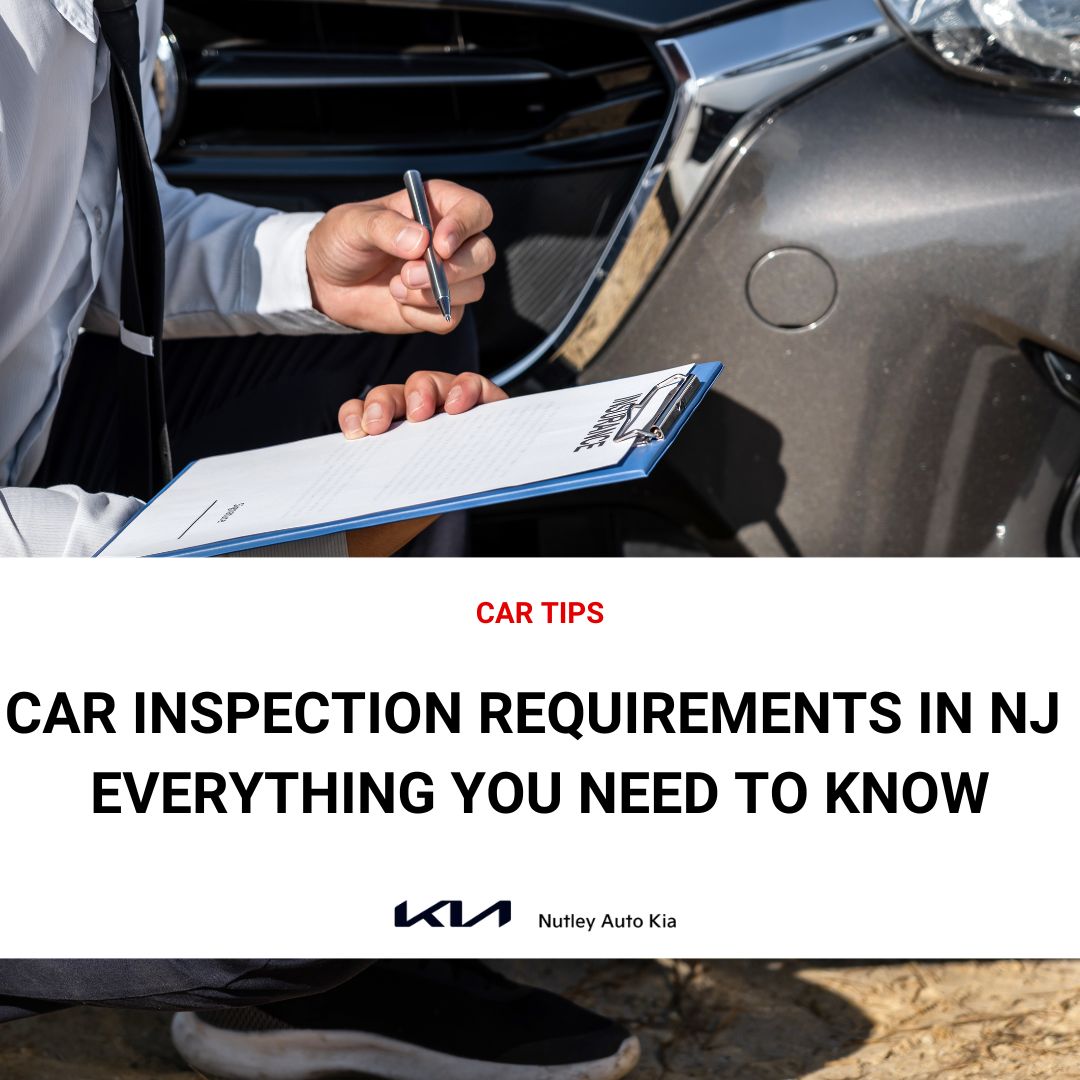

Are you getting ready for your next car inspection in New Jersey? This is an important process to go through as a responsible driver, and there are certain steps that must be taken – from gathering the necessary documents to making sure that all of your vehicle’s equipment and systems meet the NJ 2023 regulations. We’re going to provide you with all of the information you need on everything related to receiving your car inspection in NJ – so that you can prepare yourself ahead of time and ensure a hassle-free renewal!
Inspection Requirements for Vehicles in NJ
Vehicle inspection requirements in New Jersey are changing, and drivers need to be aware of the regulations. Vehicle inspections occur every two years, with a notable exception for new vehicles. Vehicles that are more than five years old will require emissions testing prior to inspection. This means that drivers will need to be proactive about keeping their vehicles in good condition and addressing any issues promptly. While these changes may seem inconvenient, they are designed to improve air quality and promote safer driving on New Jersey roads.
The state has revised some of its inspection failure criteria and will no longer fail vehicles for issues such as broken or cracked mirrors or windows, malfunctioning headlights, or horn malfunctions. Additionally, cars with dashboard warning lights on will no longer pass inspection. The primary components of the inspection process in New Jersey are emission checks and the status of the check engine light, both of which are crucial for a vehicle to pass inspection. So, if you’re a driver in the Garden State, make sure you’re up to date on the latest requirements to keep your vehicle roadworthy.
How to Prepare Your Car for Inspection
Getting your car ready for inspection can feel daunting, but it doesn’t have to be. In fact, performing a little bit of routine maintenance on your car can go a long way toward ensuring it passes inspection with flying colors. Before you head to the inspection station, customers should go to a trusted service. They will make sure your turn signals are all functioning properly and that your tires have plenty of air. They will also test your brakes to make sure they’re in good working order, and check your fluids to ensure they’re all at the appropriate levels. By taking these simple steps, you’ll be well on your way to passing your car’s inspection with ease.
What Paperwork Should You Bring to Your Car Inspection?
Make sure to have the appropriate documents ready (please remember, photocopies, faxes, or emails are not accepted). You will need a valid driver’s license and must be at least 17 years old, but you don’t have to be the owner of the vehicle. A valid physical vehicle registration document is also required. Don’t forget the State of New Jersey Insurance Identification Card.
For more information on ID card requirements, please refer to the NJ Department of Banking & Insurance. The insured’s last name needs to correspond with the owner’s last name on the vehicle registration. If your vehicle is leased, the leasing company should be identified as the owner on the vehicle ID cards.
Common Issues That Lead to a Failed Inspection and How to Avoid Them
Regular inspections are crucial for ensuring the safety and functionality of any building or structure. However, too often, these inspections result in failure due to common issues that could have been prevented. Some of these issues include poor maintenance, improper usage of equipment, and neglecting safety regulations.
To avoid these problems, it’s important to have a regular maintenance schedule in place, properly train employees on equipment usage, and consistently follow safety guidelines. By taking these preventative measures, you can ensure a successful inspection and the continued safety and usability of your property.
Being prepared and informed helps anyone feel confident as you approach your car inspection. The inspection protocol in NJ ensures vehicles are up-to-date with safety regulations, compliant with environmental standards, and reliable on the road. It’s important to make sure to have all paperwork ready beforehand and know how to prepare your vehicle properly.
Pay close attention to checking engine lights and potential problems that could cause a failed inspection – it pays to have everything done ahead of time. Lastly, don’t forget that automated inspections make the process easier and faster than ever before. Keeping up with your regular vehicle maintenance is key to passing any inspection, so knowing when your car is due for the next one cuts down on hassle and stress!
Work Cited:
https://insurify.com/car-insurance/vehicle/state-vehicle-inspection/
https://www.deboersauto.com/blog/what-to-know-about-new-jersey-state-vehicle-inspections
https://www.nj.gov/mvc/inspection/inspecthow.htm
https://www.state.nj.us/mvc/inspection/aboutinsp.htm



![[Facebook]](https://www.nutleykia.net/blogs/930/wp-content/plugins/bookmarkify/facebook.png)
![[Google]](https://www.nutleykia.net/blogs/930/wp-content/plugins/bookmarkify/google.png)
![[LinkedIn]](https://www.nutleykia.net/blogs/930/wp-content/plugins/bookmarkify/linkedin.png)
![[Twitter]](https://www.nutleykia.net/blogs/930/wp-content/plugins/bookmarkify/twitter.png)
![[Email]](https://www.nutleykia.net/blogs/930/wp-content/plugins/bookmarkify/email.png)



 Warranties include 10-year/100,000-mile powertrain and 5-year/60,000-mile basic. All warranties and roadside assistance are limited. See retailer for warranty details.
Warranties include 10-year/100,000-mile powertrain and 5-year/60,000-mile basic. All warranties and roadside assistance are limited. See retailer for warranty details.